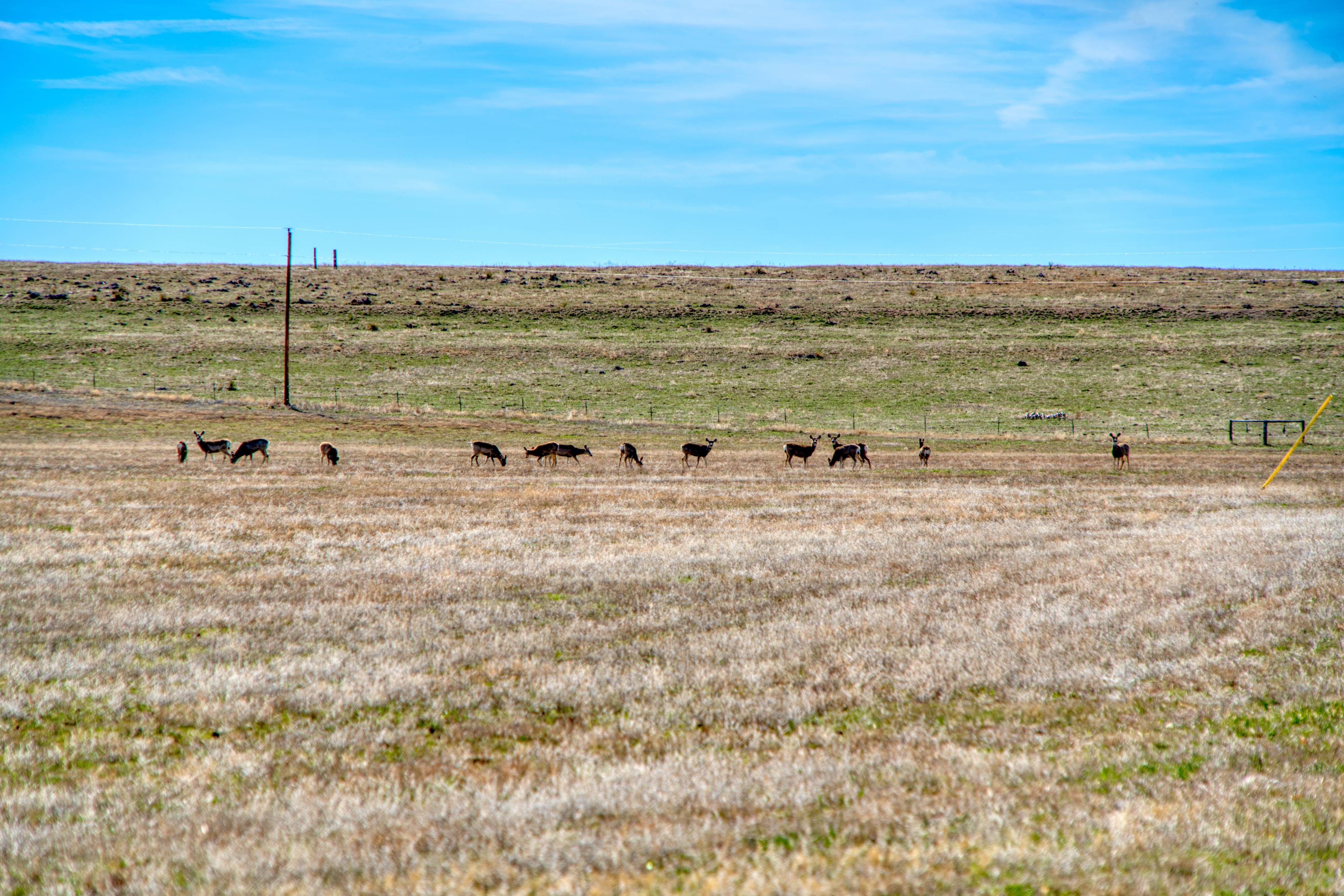Exploring the History of Agate, Colorado

Nestled in the eastern plains of Colorado, Agate is a small town with a rich history that reflects the pioneering spirit and resilience of its early settlers. From its humble beginnings as a stagecoach stop to its evolution into a close-knit rural community, Agate's story is a testament to the enduring values of hard work, community, and perseverance.
Early Settlement and Stagecoach Era:
The history of Agate dates back to the mid-19th century when the area was primarily inhabited by Native American tribes, including the Cheyenne and Arapaho. The arrival of European settlers in the late 1800s marked the beginning of Agate's transformation into a settled community.
Agate owes much of its early development to its location along the Smoky Hill Trail, a historic route used by pioneers, traders, and stagecoaches traveling between Denver and points east. The town served as a vital rest stop for weary travelers, offering food, lodging, and supplies.
Agriculture and Homesteading:
With the passage of the Homestead Act in 1862, settlers began to establish farms and ranches in the fertile plains surrounding Agate. Agriculture quickly became the backbone of the local economy, with farmers cultivating crops such as wheat, corn, and hay, and raising livestock including cattle, sheep, and poultry.
Homesteaders faced numerous challenges, including harsh weather, drought, and isolation, but their perseverance and determination laid the foundation for Agate's future growth and prosperity. Small communities began to spring up around the town, creating a sense of camaraderie and solidarity among residents.
Railroad Expansion and Economic Growth:
The late 19th and early 20th centuries saw the expansion of railroads across Colorado, bringing new opportunities for economic growth and development to Agate. The arrival of the railroad provided a vital link to markets and transportation routes, allowing farmers to transport their goods more efficiently.
The railroad also brought an influx of new residents and businesses to Agate, further fueling the town's growth and prosperity. General stores, grain elevators, and other businesses sprang up to cater to the needs of the growing community, contributing to the town's economic vitality.
Community Life and Spirit:
Life in Agate revolved around the rhythms of rural living, with residents forming close-knit communities based on shared values of hard work, self-reliance, and neighborly support. Social gatherings, church events, and community celebrations provided opportunities for residents to come together, share stories, and forge lasting bonds.
The town's cultural heritage is evident in its historic buildings, traditions, and events, which serve as reminders of Agate's rich history and heritage. From annual picnics to rodeos and county fairs, these gatherings celebrate the unique character and identity of Agate, fostering a sense of pride and belonging among its residents.
Modern Era and Adaptation:
In recent years, Agate has faced challenges as the agricultural landscape has evolved and the population has shifted. Changes in farming practices and economic trends have led to a decline in the agricultural sector, prompting residents to seek new opportunities for growth and sustainability.
Despite these challenges, Agate remains resilient, with residents working together to preserve the town's rural character and way of life. Efforts to promote tourism, attract new businesses, and invest in community infrastructure have helped to revitalize Agate and ensure its continued prosperity in the 21st century.
Conclusion:
Agate, Colorado, is more than just a town—it's a living testament to the enduring spirit of the American heartland. From its origins as a stagecoach stop to its role as a rural community in the 21st century, Agate's history is a reflection of the values of hard work, community, and perseverance that define the fabric of rural America. As the town continues to evolve and adapt to the changing times, it does so with pride in its past and optimism for the future.
- Hits: 31